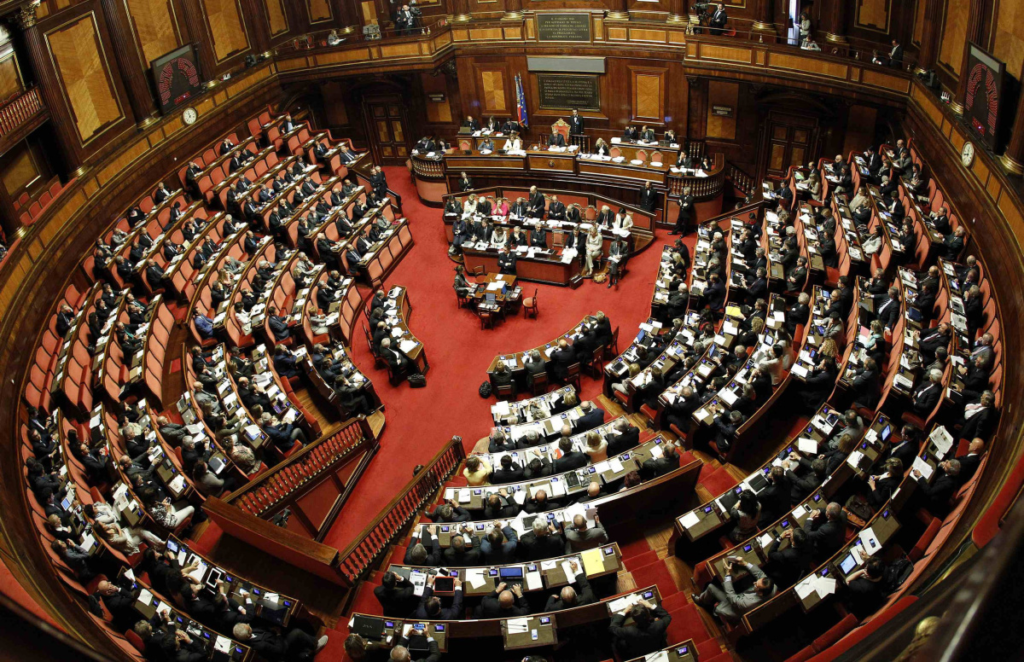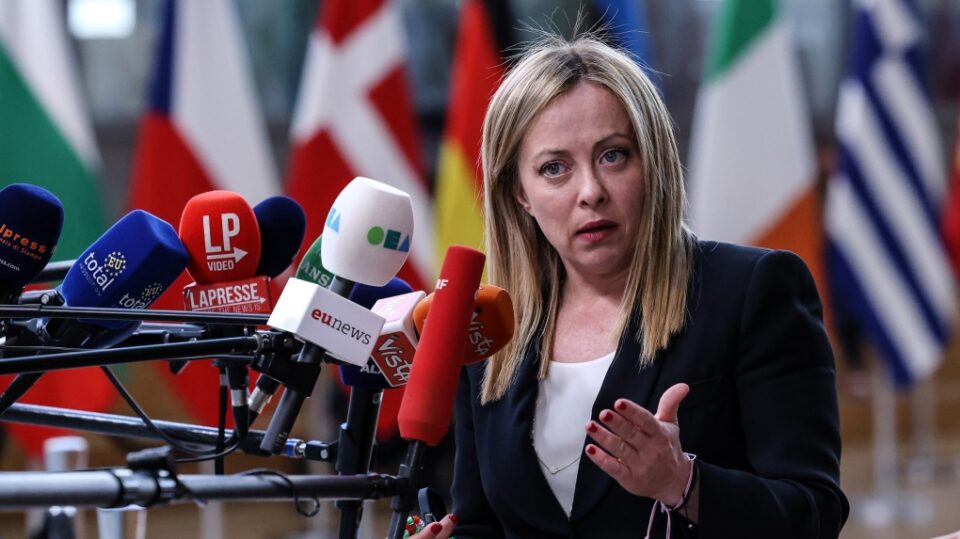The Italian government wants to impose penalties for using English terminology.
With new legislation proposed by Prime Minister Giorgia Meloni’s Brothers of Italy party, Italians who use English and other foreign terms in official correspondence might be fined up to €100,000 ($108,705).

The bill was proposed by lower chamber deputy Fabio Rampelli and has the support of the prime minister.
Although while the legislation applies to all foreign languages, it is specifically targeted at “Anglomania,” or the usage of English words, which the draft claims “demeans and mortifies” the Italian language. It further adds that it is made worse because the UK is no longer a member of the EU.
The bill, which has not yet been brought up for parliamentary discussion, forbids the use of English in official documents, including “acronyms and names” of job roles in companies operating in the country, and mandates that anyone holding an office in public administration have “written and oral knowledge and mastery of the Italian language.”

A draft of the legislation stipulates that all internal policies and employment contracts for foreign firms must be available in Italian. The draft bill claims that Anglomania has effects on society as a whole and is not just a matter of style, as styles come and go.
The first provision of the law stipulates that Italian must be the predominant language utilized even in offices that deal with non-Italian speaking foreigners.
It would be “required for the promotion and use of public goods and services in the national territory,” according to Article 2, and failure to do so would result in fines ranging from €5,000 ($5,435) to €100,000 ($108,705).
Do not pronounce “bru-sketta” rather than “bru-shetta.”
According to the proposed law, the Ministry of Culture would set up a commission whose mandate would include “proper use of the Italian language and its pronunciation” in educational institutions, the media, business, and advertising.
As a result, it might be illegal to pronounce “bru-shetta” rather than “bru-sketta.”
The effort to maintain the Italian language complements the government’s ongoing effort to safeguard the nation’s food.
Due to the lack of scientific research on the effects of synthetic food and in order to “safeguard our nation’s heritage and our agriculture based on the Mediterranean diet,” according to Meloni’s Health Minister Orazio Schillaci, legislation to outlaw so-called synthetic or cell-based food has been introduced.
It was announced this week that Italian food is a candidate for UNESCO World Heritage Site status; the decision won’t be made until December 2025.




